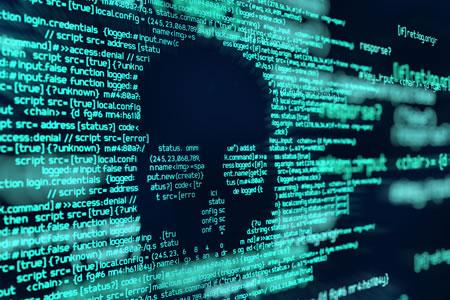After a year of market disruption due to COVID-19, the last thing that businesses need is a cyber-attack that halts production and results in thousands or millions of ransom dollars. And, yet, that is exactly what has been happening lately with a string of attacks on businesses, schools, hospitals, and government agencies across the country.
Two significant hacks have made headlines recently. On May 7th, a cyber-attack paralyzed the Colonial Pipeline Co., one of the largest gasoline pipelines in the United States that supplies roughly half the fuel used on the East Coast. About three weeks later, one of the world’s largest food companies, JBS Foods, was forced to shut down plants in North America and Australia after its IT system was hacked.
In both cases, ransom software was employed to encrypt the companies’ data – essentially locking them out of their own systems. The hackers then offered the companies a key to unlock their data in return for millions in cryptocurrency payments.
The attacks crippled production for both companies while also causing a ripple effect of chaos across the United States. Some reports estimated 10,000 gas stations across the Southeast closed due to lack of fuel following the Colonial Pipeline hack, and at least nine meatpacking plants in the U.S shut down following the JBS attack.
While cyber attacks are something that hit the headlines every now and then, they often fail to get the attention of most business owners – until they themselves become the victim of a hack. The recent digital crimewave has proven the long-term effects these attacks can have not just on a company’s data but on consumer-facing services as well.
For any business – not just major providers of infrastructure like Colonial Pipeline Co. and JBS Foods – the downtime caused by an attack can have devastating effects. Our universal reliance on technology means that holding select data hostage can instantly render a business inoperable. While experts and government agencies generally encourage businesses not to pay ransoms to hackers, it is often the only option forward if they don’t have protected backups of their data. They are forced to meet the hacker’s demands in order to regain access to their network and get their operations running again. In the case of Colonial Pipeline Co., this came at the cost of nearly $5 million in bitcoin.
With the growing sophistication of these types of attacks, it’s no longer a matter of if a business will be targeted but when. In the Asia market alone, some 68% of businesses were breached last year. For 60% of those businesses, it took more than a week to get back up and running following the attack.
It is essential that businesses have a plan in place when these situations arise.
At JR Vision, we help businesses put a backup plan in place that enables them to continue operating even in the event of a cyber-attack. We securely store encrypted backups of data that can still be accessed. These backups essentially give business owners backdoor access to data that is needed to operate the business.
Don’t be the next headline. Make sure your business is protected! For a free consultation, contact JR Vision today.



